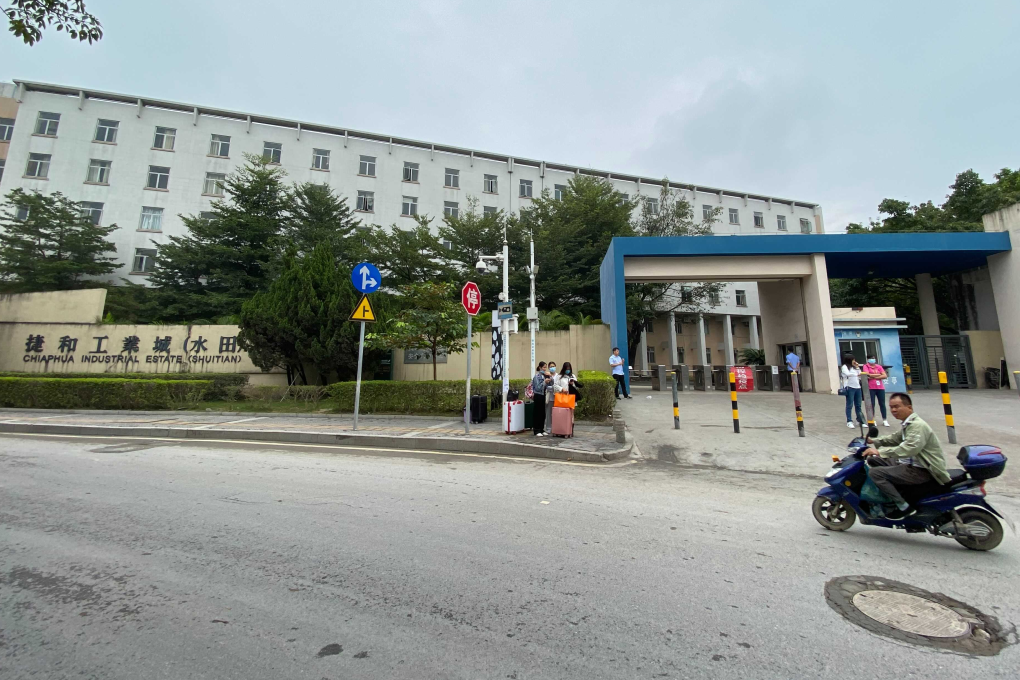China manufacturing: Stanley Black & Decker shuts Shenzhen factory as costs soar
- Sudden closure after 25 years in the community reflects Shenzhen’s transition from manufacturing base to technology hub
- Immediately after the announcement, human resource managers and labour agents swarmed the site to recruit laid-off workers to join other factories in the area

The Shenzhen factory of Stanley Black & Decker, a major US tool and household hardware maker, has closed up shop and laid off all of its 1,000 workers after 25 years of operations – reflecting the changing business environment in the world’s second-biggest economy.
Last week’s closure of the American company’s wholly-owned China unit, Stanley Black & Decker Precision Manufacturing (Shenzhen), marked the latest retreat by a manufacturing business from Shenzhen amid rising labour and land costs in the booming town just across the mainland border from Hong Kong.
According to a corporate notice dated October 26, the company’s management attributed the closure to “changes in the overall market environment and growing competition”.
During a Post visit last week to the factory in the Chiaphua Industrial Estate of the Shiyan community –a manufacturing base in Shenzhen that is increasingly being surrounded by property development – the entrance was swarming with human resource managers and labour agents who were trying to persuade laid-off workers from the closed factory to join other ones.
One long-time worker from the campus said she and other workers were caught off guard by the sudden decision.
“We had been busy since May, as there were big orders to fill,” she said, declining to be named but adding that she had worked in the factory for the last decade. “Most of us had worked overtime and earned at least 5,000 yuan (US$746) monthly in the past few months.”